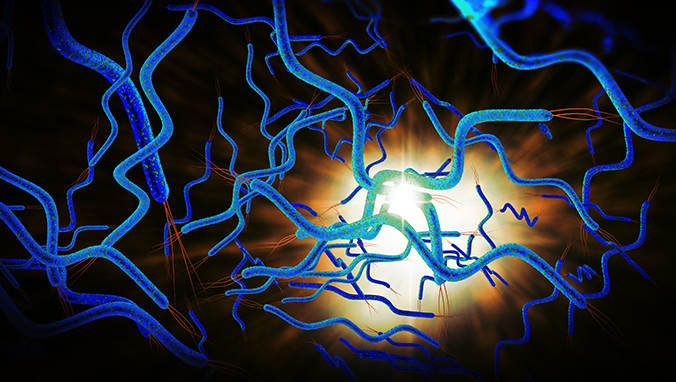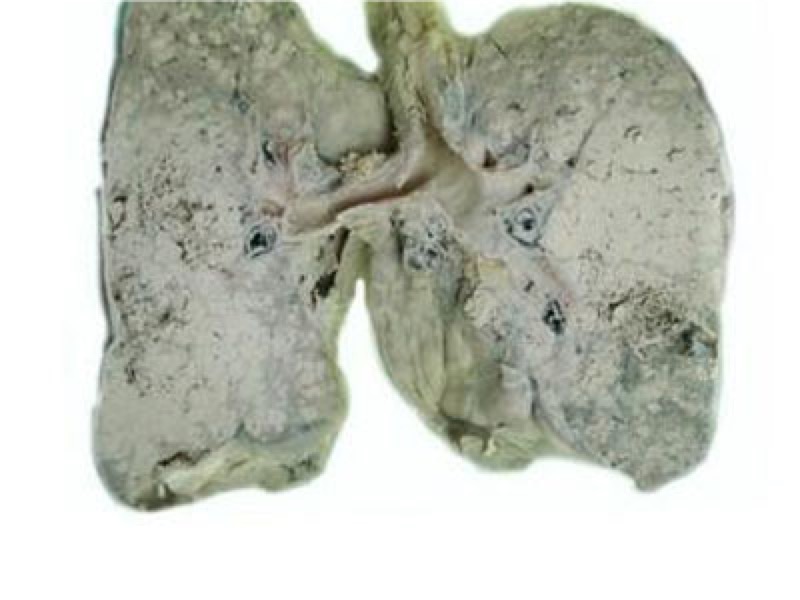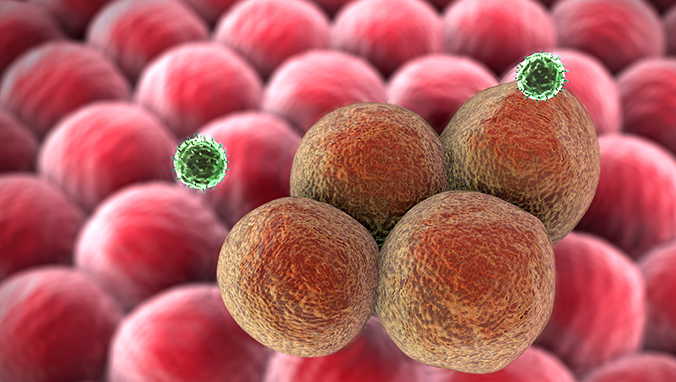Can monoclonal antibodies be used to treat advanced lung cancer?
Can monoclonal antibodies be used to treat advanced lung cancer? When it comes to lung cancer, I believe everyone is familiar with it. This kind of lung cancer is very common in our daily life and is particularly harmful. The main symptom is cough. , Expectoration, blood in the sputum, low fever, chest pain, shortness of breath, etc. Chemotherapy is one of the common treatments for advanced lung cancer. So, can monoclonal antibodies be used to treat advanced lung cancer?

as a kind of therapeutic human in the past 20 years Potential means of cancer, monoclonal antibody (monoclonal Antibodies (mAbs) have received widespread attention, and the use of monoclonal antibodies to treat cancer is also underway. We now know that cancer cells proliferate under the stimulation of autocrine and paracrine growth factors.
Most of these growth factors and their related receptors are cancer-related proteins, and they are usually overexpressed in human carcinogenesis. Therefore, the use of anti-growth factor receptor antibodies as a therapeutic means to disrupt the functioning of the receptor, or the use of monoclonal antibodies as receptor-targeted drug-carrying carriers, is a method with great potential in cancer treatment.
At present, we have conducted in-depth studies on a series of murine monoclonal antibodies against human growth factor receptors. These monoclonal antibodies are mainly aimed at the receptors of some growth factors: epidermal growth factor ( epidermal growth factor (EGF), HER-2 (c-erb-2/neu), transferrin, insulin-like growth factor (insulin-like growth factor), interleukin 1 (lymphocyte activation factor), interleukin 2 (T cell growth factor), etc. In addition, some of the more clearly studied mouse monoclonal antibodies have been humanized for clinical research.
has now been shown that antibodies can block the biological activity of receptors and significantly change the physiological function of cells. For example, in patients with autoimmune diseases such as myasthenia gravis, the anti-acetylcholine receptor antibody present in the patient''s serum can obviously block the function of the receptor and directly disrupt the nerve signal to disrupt the normal physiological function of the cell .
This provides a solid theoretical basis for the use of monoclonal antibodies to block the function of growth factor receptors and thus as a means of cancer treatment. Through decades of research, the important role of growth factors in the proliferation of human cancer cells has been recognized.
In human primary epidermal tumors, epidermal growth factor has a wide range of high expression. At the same time, in many human tumor cells, there is a potential epidermal growth factor-mediated transformation growth The autocrine activation pathway of factor TGF, these have prompted the study of therapeutic approaches that use antibodies to block the binding of growth factor ligands.
Some mouse monoclonal antibodies that have the ability to bind EGF receptors and block the binding of ligands have been found to prevent the proliferation of different human tumor cell lines. This finding is found in cultured cells and xenotransplantation The model has been confirmed.
Related Articles

- Early symptoms of lung cancer
- 2020-12-17

- Early Signs of Bladder Cancer
- What are the early symptoms of bladder cancer?
- 2020-12-17

- Is metastatic carcinoma easy to metastasize
- Once the cancer has metastasized, it will be very difficult to cure, because many people have lost their lives because of the emergence of cancer, so most people think that cancer is an un
- 2020-08-02

- What does microinfiltrating adenocarcinoma mean?
- Microinfiltrating adenocarcinoma is a type of lung cancer. The reason why it is called microinfiltration means that there is less infiltration around it, which means that it is in the early
- 2020-08-01

- How long can non-small cell adenocarcinoma live
- Adenocarcinoma is one of the most common malignant tumors in the world. Non-small cell adenocarcinoma accounts for about 80% of all adenocarcinomas. About 75% of patients are in the middle
- 2020-08-01

- Hand cancer
- Finger cancer generally refers to the appearance of skin cancer, which is characterized by local cauliflower-like skin and easy bleeding. Finger skin cancer is mostly a malignant tumor that
- 2020-08-01
